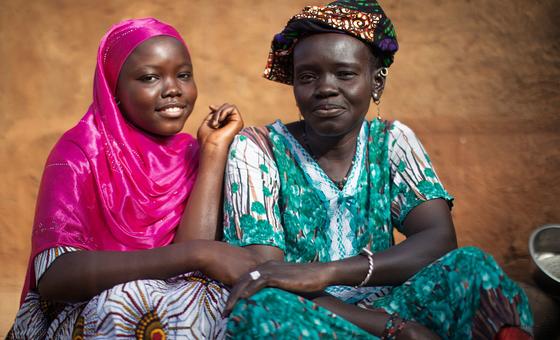Funding Cuts Could Push 6 Million More Children Out of School, Warns UNICEF
International affairs correspondent with extensive experience covering global politics, diplomacy, and cross-border issues

In a stark warning issued by the United Nations Children's Fund (UNICEF), significant reductions in global education funding are projected to leave an additional six million children out of school by 2026. The anticipated cuts in Official Development Assistance (ODA) for education could result in a $3.2 billion decrease, a 24 percent drop from 2023 levels. This reduction in funding threatens to exacerbate existing educational disparities, particularly in regions already facing significant challenges.
The projected decline in education funding is expected to have a profound impact on global education statistics. According to UNICEF, the number of out-of-school children globally could rise from 272 million to 278 million. This staggering figure is equivalent to shuttering every primary school in Germany and Italy combined. UNICEF's Executive Director, Catherine Russell, emphasized that each dollar cut from education budgets represents a jeopardized future for children worldwide. The most severe consequences are anticipated in West and Central Africa, where 1.9 million children could lose access to schooling, and in the Middle East and North Africa, where an additional 1.4 million children may be pushed out of educational systems.
The impact of funding cuts will be particularly devastating in humanitarian contexts, where education often serves as a critical lifeline. In regions like the Rohingya refugee camps, approximately 350,000 children could permanently lose access to basic schooling. UNICEF warns that primary education will bear the brunt of these cuts, potentially reducing funding by one-third. This reduction could deepen the global learning crisis and result in an estimated $164 billion in lost lifetime earnings for affected children. Additionally, critical services such as school feeding programs, which provide the only reliable meal for some children, face the threat of reduced funding.
The call to action from UNICEF is urgent and unequivocal. The organization is urging donor governments to allocate at least half of all education aid to the world's least developed countries, to protect humanitarian funding, and to prioritize funding for early years and primary education. UNICEF also advocates for reforms to improve the efficiency and sustainability of education financing. 'Investing in children’s education is one of the best investments in the future – for everyone,' said Russell, highlighting the crucial role education plays, especially in emergency settings.
The looming education funding crisis underscores the delicate balance between financial aid and the future prospects of millions of children worldwide. As global leaders convene to address these challenges, the emphasis must be placed on safeguarding education as a fundamental right and a cornerstone for global development. The potential for lost educational opportunities not only threatens individual futures but also risks the broader socio-economic stability of entire regions. As UNICEF continues to advocate for essential funding, the international community must heed this call to action to prevent a generational setback in global education.
About Alex Rivera
International affairs correspondent with extensive experience covering global politics, diplomacy, and cross-border issues